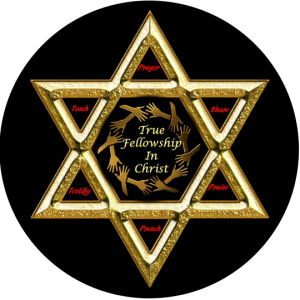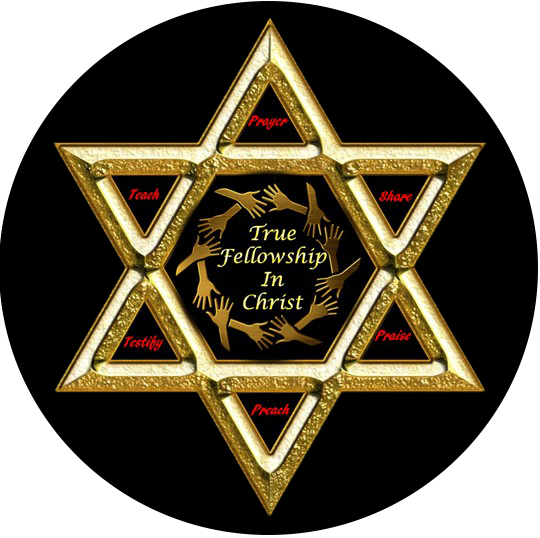Gnosticism
Our known history and understanding of Gnosticism is sketchy and one finds wide variations concerning its nature. It is known primarily as a prominent heretical movement of the 2nd-century Christian Church, partly of pre-Christian origin. The doctrine taught that the world was created and ruled by a lesser divinity, the demiurge, and that Christ was an emissary of the remote supreme divine being who provided esoteric knowledge (gnosis) that enabled the redemption of the human spirit.
The entire nature of Gnosticism for this discussion is unimportant. The key element concerns ecclesiastical preeminency which is wrapped up in the word esoteric.
Esoteric: Understood by or meant for only the select few who have special knowledge or interest; belonging to the select few; private; secret; confidential. Of a philosophical doctrine or the like intended to be revealed only to the initiates of a group.
This heresy was heavily fought against and eliminated as a movement, with most of its writings destroyed. However, those who were in the forefront of this fight were themselves propagating the esoteric element of Gnosticism that has carried through up to our current date. After their battles against Gnosticism, they all returned to their positions of ecclesiastical power asserting their own position of special knowledge that elevated them into preeminence among the laity.
This same Gnosticism is used by the preeminent elite of today. Most of the ecclesiastical elite go through extensive study to which they receive their certification, that places them into an elevated status. To study God’s word and to get training in various fields such as counseling or communication should be a wonderful thing.
Study to shew thyself approved unto God, a workman that needeth not to be ashamed, rightly dividing the word of truth. II Timothy 2:15
Every Christian should be engaged in studying the Bible and other intellectual pursuits that can help in understanding the world we live in, especially the myriad philosophies that bombard us. However, this knowledge and understanding should never elevate one person over another. For all our intellectual pursuits, so much that is of the highest value is what is simply observed and simply shared.
When we separate the laity as ignorant, compared to those who have their ecclesiastical credentialed degrees or certifications, that shuts down true dialogue and opens the door to abuse.
With Jesus in control and directing his church, one who might be considered ignorant or a young teenager with little education might be the very person Jesus is using to be the proper guide. The Bible is filled with examples of God using what many at the time considered the lowest of people to do his work. When we allow this “superior knowledge” to elevate or sustain certain ones into preeminence, we embrace humanistic man rather than the only one who is supposed to be in charge: Jesus Christ.
Paul condemns this Gnostic behavior by setting himself as an example.
And lest I should be exalted above measure through the abundance of the revelations, there was given to me a thorn in the flesh, the messenger of Satan to buffet me, lest I should be exalted above measure. For this thing I besought the Lord thrice, that it might depart from me. And he said unto me, My grace is sufficient for thee: for my strength is made perfect in weakness. Most gladly therefore will I rather glory in my infirmities, that the power of Christ may rest upon me. Therefore I take pleasure in infirmities, in reproaches, in necessities, in persecutions, in distresses for Christ’s sake: for when I am weak, then am I strong. II Corinthians 12:7-10
Paul is telling us of his humbling by God, right after he reluctantly wrote about all his extremely high credentials to tackle those who were trying to elevate themselves for the purpose of diminishing others. Here Paul reveals how strong the allure of preeminency is and how God, to keep that possibility in his life away was given a thorn in the flesh. After repeatedly praying for deliverance, Paul eventually gloried in that thorn, recognizing the danger of personal exaltation that would take away from the exaltation that belongs only to Jesus Christ.
Jesus was not about to excuse Paul, nor anyone else who takes the path toward preeminence no matter how noble it might seem. My own desire to get into a preeminent position was basically because there seemed to be no other pathway to have a significant voice in the church. I was especially impressed by those who were very scholarly in Bible exposition. It seemed almost magical when they went to the Hebrew or Greek and dissected a word to bring out its “true meaning”. I wanted to tailor my ecclesiastical ministry just like that.
But once I learned Greek and went onto Greek exegesis, I realized there are all sorts of definitions to most words and the extreme danger to being able to pick and choose to fit one’s agenda. Something was extremely wrong, which took decades before the Lord more fully opened my eyes to understand.
When dealing with the issue of Gnosticism, it is vitally important to recognize the danger of surrendering to a preeminent position that is supported by having a “superior knowledge” and being initiated into a special elite group; to a select group that virtually all believers within a fellowship are inclined to give deference to.
Ralph Wendt

